Something I’ve noticed more often since launching my online program, Get Your Period Back, is that there are many women who don’t take a missing period seriously enough.
There’s a prominent cultural attitude that not getting a period is no big deal.
Many women, especially athletes, go months and sometimes years without a period. Some of these women gush about the convenience of not dealing with a period every month.
This “no period, no big deal” attitude is reinforced by gynecologists who brush off amenorrhea concerns.
I’ve had clients tell me their doctor told them they were “lucky” not to be menstruating and not to worry about it.
Women develop a false sense of security that not getting a monthly period is normal.
But it’s NOT normal.
And if ignored, the underlying causes of amenorrhea can lead to some serious health issues in the long run.
Keep reading to learn some of the long term consequences of chronic amenorrhea.
Learn how to get your period back WITHOUT birth control in my FREE TRAINING!
Myth: You Can FIX IT WITH Birth Control
Even when gynecologists are rightfully concerned about amenorrhea, hormonal birth control is virtually the one and only treatment offered.
But birth control won’t address the root cause of period irregularity. It’s just a band-aid to temporarily mask your underlying hormone problem.
Contrary to popular belief, birth control doesn’t even produce a true period!
Ovulation must occur to produce a real period. Hormonal birth control inhibits ovulation and produces a “pill bleed”.
The bleeding experienced on the pill is actually a withdrawal symptom from the absence of hormones in the sugar (placebo) pills.
From an ancestral perspective, a monthly period is a key indicator of health.
Humans have been designed to reproduce and pass on our genes to the next generation. Therefore, missing cycles are not normal or optimal when looking through an ancestral or evolutionary lens.
Your body only shuts down your menstrual cycle if there’s a serious threat to your health, and survival – NOT reproduction – is the number one priority.
When you are physically or emotionally stressed, resources needed for reproduction are redistributed to deal with these stressors.
Reproduction is metabolically expensive! It takes a crazy amount of energy and nutritional building blocks to grow a baby.
A missed cycle is a sign that your body is under a considerable amount of stress.
And finding (and fixing!) the root cause of that stress is the key to not only getting your period back but also ensuring you’re protecting your long term health and fertility.
Learn how to get your period back WITHOUT birth control in my new FREE TRAINING!

What CAUSES amenorrhea (not getting a period)?
Missed periods may be prevalent, but that certainly doesn’t make it normal. Not getting a period is called “amenorrhea” by the medical community.
The prevalence of amenorrhea not due to pregnancy, lactation or menopause is approximately 3% to 4% of all women. Amenorrhea is most common among athletes and disordered eaters.
There are two main types of amenorrhea: primary and secondary.
Primary amenorrhea occurs if you never have had a monthly period. Secondary amenorrhea is defined as the absence of a period (menses) for 3 consecutive cycles.
For the rest of this post, I am going to focus mainly on secondary amenorrhea since it is much more common than primary amenorrhea. (It’s also way easier to fix.)
Secondary amenorrhea is usually attributed to two main diagnoses: hypothalamic amenorrhea and polycystic ovarian syndrome (PCOS).
Hypothalamic amenorrhea and certain types of PCOS usually stem from hypothalamic-pituitary axis dysfunction.
Undernutrition, over exercise, lack of sleep and/or emotional stress will raise cortisol levels, which will shut down your cycle.
Addressing these lifestyle and nutrition factors should be your first step when your goal is period repair.
Take my quiz to learn what diet or lifestyle YOU should deal with first!
Medications can also cause amenorrhea. Antidepressants, antipsychotics, blood pressure drugs and allergy medications can all cause you to stop getting your period.
Absent periods after stopping the birth control pill are very common, and more so if you were prescribed the pill for abnormal cycles.
In fact, 37% of women who start the Pill for irregular periods will not get their period back when they stop the pill.
That’s why using birth control as a solution to not getting your period is counterproductive in the long term!
Learn how to get your period back WITHOUT birth control in my FREE TRAINING!
Long Term Consequences of not getting a period
As I mentioned earlier, too many women shrug it off when they’re missing their period.
It doesn’t help that often their doctors don’t seem to be worried either.
And while I’m not trying to further scare those of you who are worried about your missing period, I simply want to dispel the myth that not menstruating is perfectly fine.
If you’re not getting a period, you need to take your period recovery seriously!
Here are some of the most worrisome health risks that come along with not getting a period.
Impaired Fertility
This one may be obvious, but you cannot get pregnant if you have amenorrhea.
When you don’t get a period, you are not ovulating and releasing an egg to be fertilized.
Unfortunately, even if you do get your period back, chronic amenorrhea may have long-lasting negative effects on fertility.
Amenorrhea in puberty can impair the development of the reproductive system, resulting in a greater risk of fertility issues in the future.
Adult women with long term amenorrhea can also see a weakening of uterine muscles and a decrease of urogenital mucosa that can negatively affect fertility.
Woman with a history of hypothalamic amenorrhea can also have more complicated pregnancies.
These complications include more preterm deliveries, miscarriages, low weight gain, and impaired fetal growth.
Before you freak out, remember… you are not doomed to be infertile even if you’ve ever had chronic amenorrhea.
I’ve worked with a number of women who were not getting a period for years… who are now mothers of happy, healthy babies.
But the longer your missing period goes unaddressed, the harder it will be to correct the fertility impairing effects of chronic amenorrhea.
So even if you’re years away from starting a family, you can’t just ignore your current amenorrhea and hope it’ll all be A-OK when you’re finally ready to get pregnant.
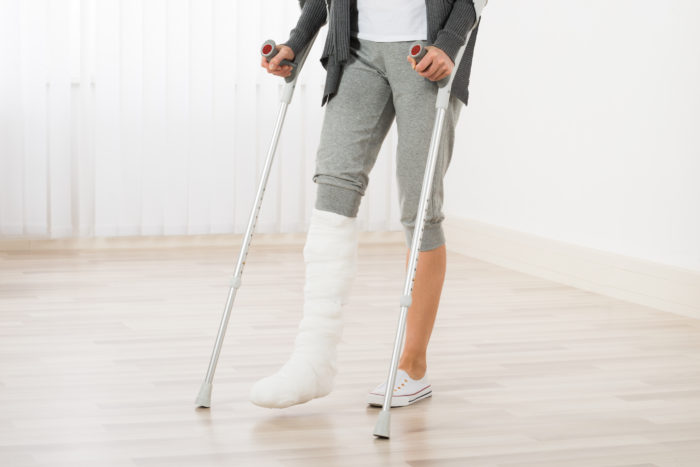
Weak and brittle Bones
Bones rely on adequate levels of hormones to stay healthy. Hypothalamic amenorrhea is the main entity responsible for bone mineral density decrease in young women.
Women hit their peak bone mineral density at around age 30.
Peak bone mineral density is the point in a person’s life where the bones have the most tissues and are essentially the strongest.
Before 30, it is important to build bone mineral density to ensure healthy bones later in life. After 30, our bones will gradually breakdown as we age.
Our goal should be to preserve our bones by balancing hormones and eating bone supporting nutrients.
In most cases of amenorrhea, low estrogen levels can weaken your bones. Estrogen promotes proper bone metabolism through three main mechanisms.
First, it activates bone remodeling factors. Second, it inhibits bone breakdown. Third, it promotes bone formation.
Would you like to save this post?
Your email address is 100% safe and will never be sent spam.
Estradiol levels in the blood must be between 40-50 pg/ml to have a positive effect on bone health. Women with hypothalamic amenorrhea have estradiol levels below 20 pg/mL. This lower level of estrogen will cause a lower peak mineral density and a much more rapid bone breakdown as a woman with amenorrhea ages.
This is a big reason why amenorrhea is associated with an increased risk of osteopenia and osteoporosis.
Weight-bearing exercise is known as a promoter of healthy bones, but research has shown that exercise can actually be detrimental to bones when energy expenditure exceeds energy intake.
Athletes are prone to amenorrhea because they frequently under-eat and/or overtrain. Athletes who are not getting a period could be setting themselves up for osteopenia and even osteoporosis.
This condition is widely known as the Female Athlete Triad and includes disordered eating, loss of a menstrual cycle, and loss of bone density.
Researchers estimate that as many as 60 percent of exercising women may experience one component of the female athlete triad.
Undernutrition and low intakes of calcium and vitamin D also promote bone loss in women with irregular cycles.
Chronic physical and emotional stress will also elevate cortisol levels which is associated with decreased bone mineral density.
I’ve seen active women in my practice who developed osteopenia and even osteoporosis in their 20s and 30s due to problematic health behaviors.
Some of them didn’t find out they had osteoporosis until they broke a bone.
Losing their period was the first sign that this dangerous health concern was in their future.
So if you’re a female athlete not getting your period, you need to do something about it.
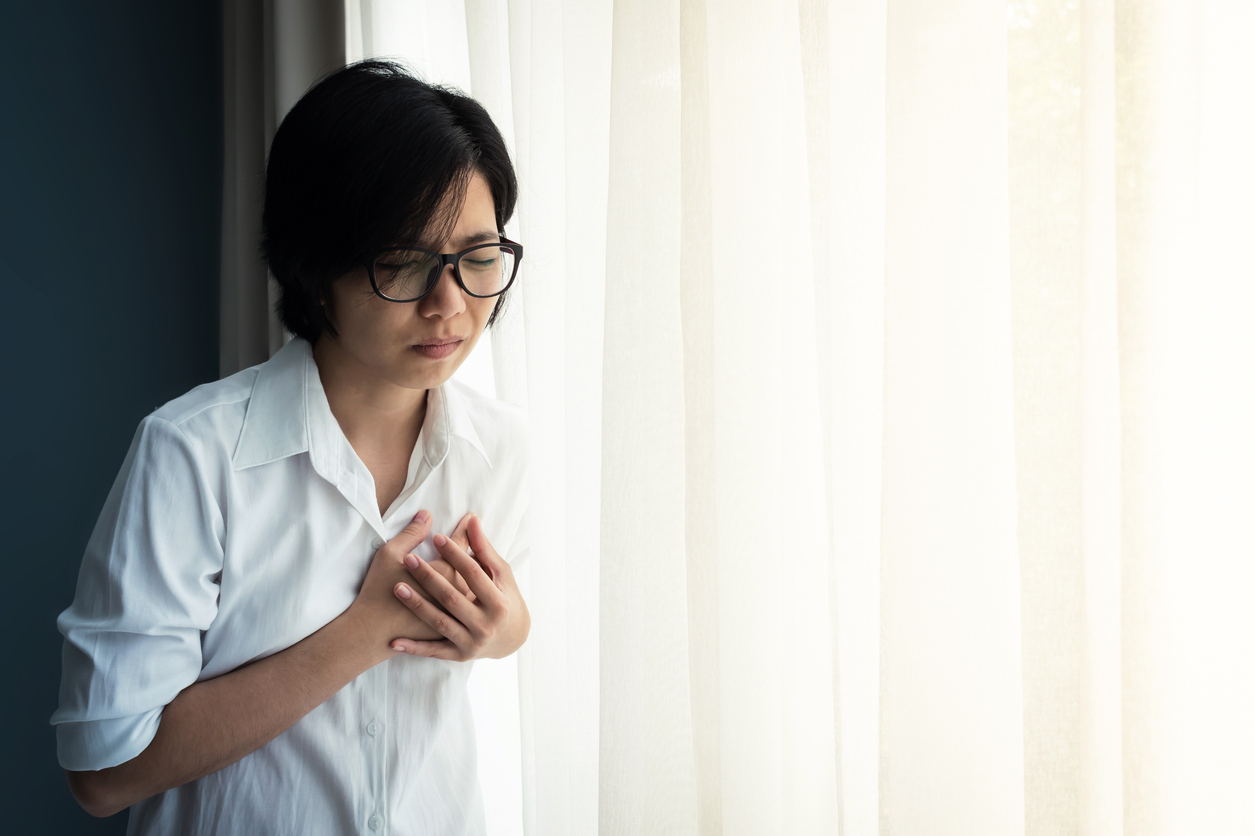
Cardiovascular Disease
Estrogen isn’t only protective of your bones, but it also the heart and cardiovascular system.
You might not realize that cardiovascular disease is the leading cause of death in women. Women are more likely than men to die from heart disease.
Despite this, women typically develop cardiovascular problems like high blood pressure, clogged blood vessels and heart attacks later than men.
Estrogen is hypothesized to be a key reason why premenopausal women are usually protected against cardiovascular disease and hypertension. Once estrogen levels drop in menopause, our risk for heart disease skyrockets.
Hypothalamic amenorrhea may cause endothelial dysfunction leading to impaired blood vessel dilation.
It’s believed that chronically low estrogen levels seen in amenorrhea cause a decrease in endothelial nitric oxide, a chemical that helps the blood vessels relax and dilate.
When the endothelium becomes dysfunctional, the blood vessels usually can’t dilate fully leading to an increased risk of cardiovascular disease and stroke.
Endothelial dysfunction also promotes the development of plaque that narrows the arteries, leading to heart disease.
Since estrogen is essential for endothelial function, it is not surprising that low sex hormone production due to hypothalamic dysfunction is associated with premenopausal coronary artery disease.
In addition, one study showed exercising young athletes with long-term estrogen deficiency have impaired blood flow, lower heart rate, and lower blood pressure compared with exercising and sedentary ovulatory women.
Cardiovascular dysfunction is not only prompted by low estrogen levels but is also aggravated by undereating and metabolic dysfunction seen in patients with amenorrhea.
Women with amenorrhea often have impaired lipid and glucose metabolism that can increase the risk of CVD.
Higher cholesterol, LDL cholesterol, and triglycerides are more common in women with exercise-induced amenorrhea compared to healthy women.
Women with hypothalamic related low estrogen levels also have a higher risk for diabetes, which in turn increases the risk of CVD.
A regular cycle is an indicator that you have enough estrogen and energy to help keep your heart happy and healthy.
If you’re not getting a period, consider if your “healthy” behaviors are actually putting you at risk for cardiovascular disease in the future.

Anxiety, Depression and Mood Problems
Mood swings are usually associated with those women getting a monthly cycle, but it turns out that not getting a period can also negatively influence your mood.
That’s because healthy sex hormone levels help stabilize our mood.
Lower levels of estrogen seen in amenorrhea are strongly related to changes in activity levels of brain chemicals like neurotransmitter, neuropeptides, and neurosteroids that affect mood.
Specifically, serotonin, dopamine and allopregnanolone fluctuations can modify mood in amenorrhoeic women.
High cortisol levels are also associated with hypothalamic amenorrhea. Cortisol can also be a factor in mood disturbances.
Depression and anxiety are higher in women with amenorrhea compared to women who have regular cycles.
In addition, women with hypothalamic amenorrhea have been shown to have more dysfunctional attitudes, a lower tolerance for daily stress and reported greater interpersonal dependence compared to women with regular cycles.
Mood swings might not be as serious as infertility, osteoporosis, or cardiovascular disease, but feeling depressed or anxious every day is an immediate quality of life issue.
There’s no reason to be feeling like an emotional wreck every day!
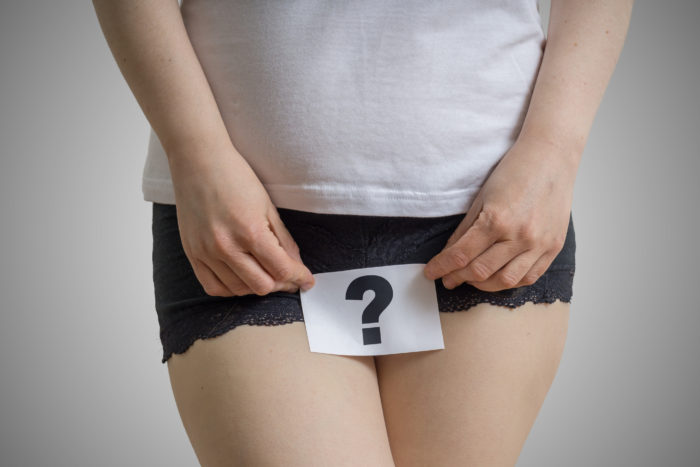
Are you Missing a bigger issue?
If you and your doctors act like amenorrhea is “no big deal”, you may be missing a big piece of your health puzzle.
Getting a regular period is a good sign that your body is functioning normally. When you’re not getting a period, you can guarantee there’s something going wrong somewhere in your body.
Thyroid disorders like Hashimoto’s can cause menstrual irregularities. It’s important to rule out autoimmunity and hypothyroidism if you have amenorrhea, especially if you are experiencing symptoms like hair loss, weight gain, fatigue, and dry skin.
Treating any thyroid disease with nutritional support and even pharmaceutical hormone replacement may be necessary to regulate menstrual cycles.
Even autoimmune diseases like IBD and Cushing’s disease have been known to cause amenorrhea in some women.
Gut bacteria is also another surprising culprit of hormone dysfunction. I’ve seen several clients with gut infections that didn’t get their period back until they treated their gut problems.
There are specific microbes in our guts that regulate estrogen levels. These estrogen-metabolizing microbes, known as the “estrobolome”, produce an enzyme called beta-glucuronidase.
This enzyme activates and frees estrogen, allowing it to be recirculated in the body instead of being excreted. Too much beta-glucoronidase can lead to high levels of estrogen, and estrogen-dominance related amenorrhea.
A healthy gut helps us maintain a healthy level of estrogen.
Gut imbalances and infections can negatively affect estrogen metabolism leading to too much or too little estrogen circulating in the body. These estrogen imbalances can cause a missing period.
Improving your gut bacteria with probiotics, prebiotics, diet and lifestyle change can help balance gut bacteria and correct any estrogen disturbances caused by dysbiosis.
Ignoring amenorrhea can let potential health problems slip through the cracks.
Running proper testing with a trained medical practitioner can help rule out gut, thyroid and autoimmune problems that may be causing your amenorrhea.
Bottom Line?
Not getting a period is a big deal… and it should NEVER be ignored!
The convenience of not having to deal with the annoyances of a monthly period does not outweigh the potential long-term consequences of amenorrhea.
Not getting a period could put you at risk for bone loss, infertility, depression, anxiety, and cardiovascular disease.
It could also be a sign that you have a bigger issue going on, like an autoimmune disease or gut infection.
Learn how to get your period back WITHOUT birth control in my FREE TRAINING!
Now I’d like to hear from you!
Did you recover from a missing period? What was the most important change you made to get a normal cycle back?
Share your story in the comments below!
This post may contain affiliate links. If you click on a link and make a purchase, I may receive a small commission.
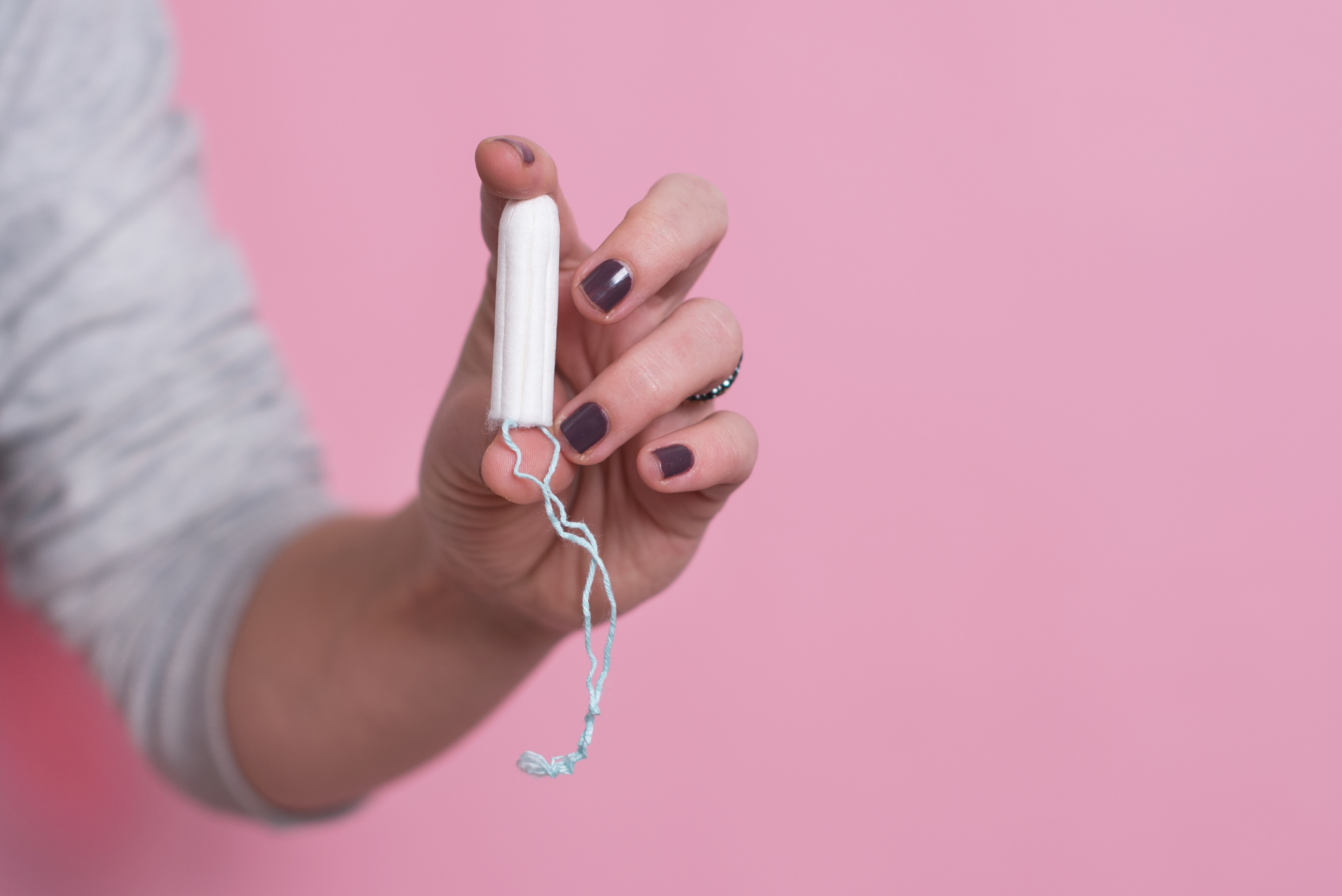
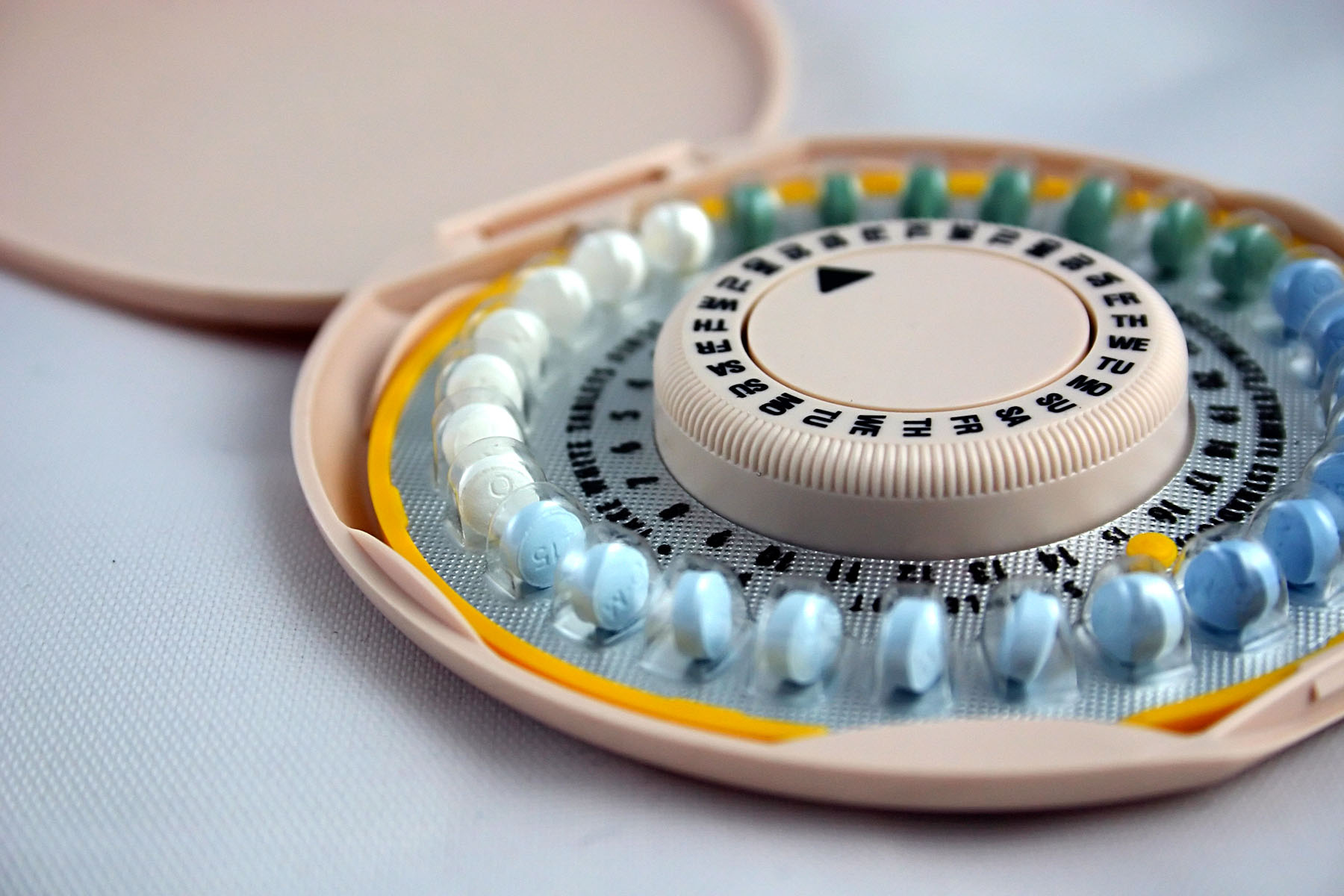
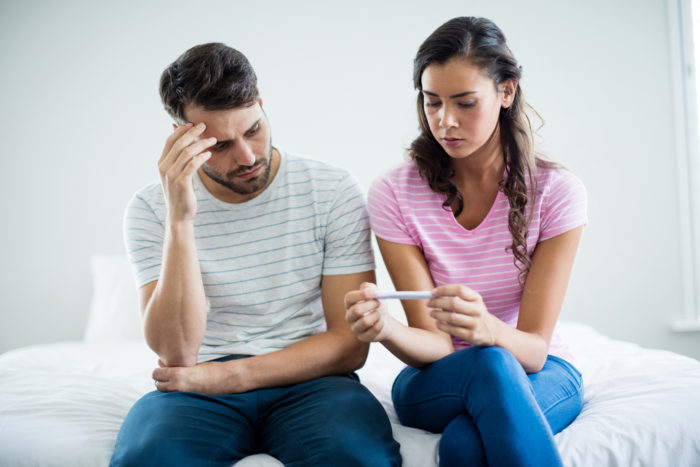
+ show Comments
- Hide Comments
add a comment